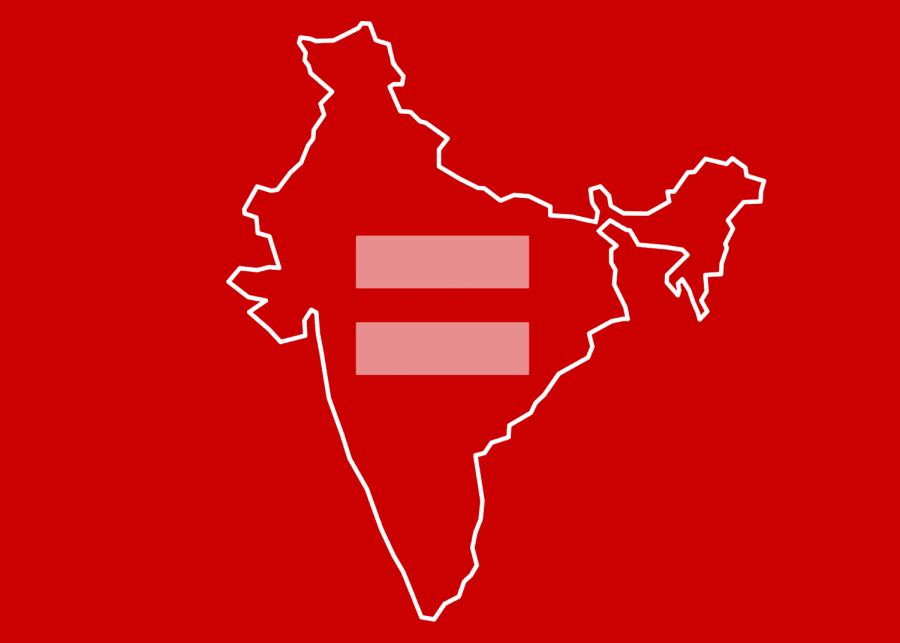LGBTQ advancement in India signals a shift in culture
September 13, 2018
India decriminalized consensual gay sex with the repeal of Section 377 on Sept 6. The law, dating back to colonial rule under the British, criminalized gay sex as “against the order of nature” and carried significant penalties, including life in prison. This news comes as a sign of freedom to the millions of Indians who identify as part of the LGBTQ community. While there was progress made in 2009 to overturn this law, doing so was strongly opposed by a coalition of religious groups in India.
Nearly 2,100 individuals were registered under this law in 2016, and many more lived in fear of expressing who they were. The law also provoked other forms of discrimination, including harassment in the workplace and blackmailing by those who learned of others’ sexualities. This change will now minimize discrimination and hopefully welcome Indian citizens from out of the closet.
By repealing this law, India has now raised the standard for a region that is riddled with homophobic laws, though marriage still remains illegal. Activists can now push for equality and workplace protections under law. The decision is an amazing accomplishment but there is still much more to be done.
Many wonder why it took so long for countries in this region “to enter the 21st century,” but we must realize that many of these laws are a result of colonialism from Europe. During the imperialist era, the British instituted these laws as a way to exert their own antiquated philosophy and ideals onto others. When the British left, these territories were left with much work to do to become a functioning society. Laws like these often weren’t challenged because there were more pressing issues on the minds of the new leaders.
It is important for individuals in Europe and the United States to support these movements without marginalizing any minority. It was not too long ago that the fight for gay rights began here with the Stonewall riots of 1969. In fact, the U.S. Supreme Court only federally legalized gay marriage three years ago. If we want to support LGBTQ people, we must do so by donating to charities with the goal of equality, raise awareness to those who may not be aware of the issue, and listen to those on the “front lines” of the fight in India and around the world. To be an ally, we must support their quest for equality from overseas.





















